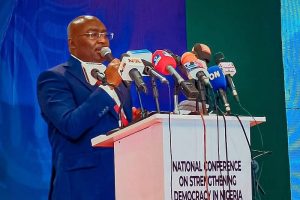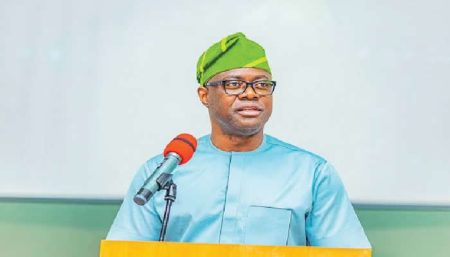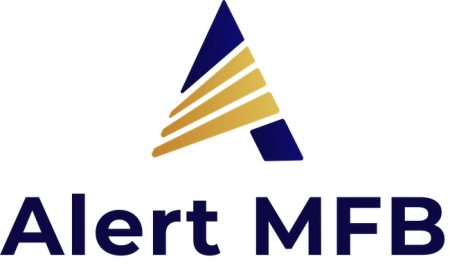The Economic and Financial Crimes Commission (EFCC) has issued a stern warning to local government chairmen across Nigeria, emphasizing the need for prudent financial management and accountability. EFCC Chairman, Ola Olukoyede, delivered this message during the Gombe State Local Government Summit, underscoring that the commission will actively investigate and prosecute any chairman found to be engaging in fraudulent activities. He explicitly stated that local government chairmen do not possess immunity from prosecution and that the EFCC will not wait until the end of their tenure before initiating investigations. This proactive approach aims to curb corruption and ensure that allocated resources are utilized effectively for the benefit of the people.
Olukoyede’s address highlighted the stark contrast between the substantial resources allocated to local governments and the pervasive poverty and underdevelopment in rural areas. He lamented that despite the significant funds received over the years, these resources haven’t translated into tangible improvements in the lives of the people they are meant to serve. Instead of functioning as engines of growth and development, local governments have become largely ineffective, existing in name only. This disconnect between resource allocation and tangible impact underscores the urgent need for greater accountability and transparency in local government administration.
To promote responsible financial management, the EFCC Chairman urged local government chairmen to establish compliance units within their councils. These units would be tasked with monitoring resource allocation and project implementation, ensuring that funds are utilized appropriately and efficiently. He further announced the establishment of a Fraud Risk Assessment and Control (FRAC) Department within the EFCC. Officers from this department will be deployed to local government councils across Gombe State to monitor the utilization of enhanced allocations from the Federation Account, providing an additional layer of oversight and accountability.
Reinforcing the EFCC’s commitment to combating corruption at the local government level, Olukoyede warned chairmen that the commission would conduct regular, unannounced inspections of their financial records. He emphasized that these visits would be unpredictable, occurring even during evening hours, signifying the EFCC’s resolve to maintain constant vigilance against financial impropriety. This proactive monitoring strategy aims to deter corruption and ensure that local government funds are used for their intended purpose, contributing to the development of local communities.
The Chairman of the Independent Corrupt Practices and Other Related Offences Commission (ICPC), Musa Aliyu, added another dimension to the discussion by highlighting the lack of transparency in local government financial operations. He expressed concern that only a negligible fraction of local government councils in Nigeria maintain websites, making it extremely difficult to monitor their expenditures. This lack of online presence hinders public access to information and impedes efforts to hold local governments accountable for their financial decisions. The absence of easily accessible financial information raises concerns about potential mismanagement and underscores the need for greater transparency in local government administration.
Gombe State Governor, Inuwa Yahaya, in his opening remarks at the summit, emphasized the importance of strengthening local government administration in light of the newly granted autonomy. He stressed that the success of local government autonomy hinges on the capacity and discipline of local councils to utilize their resources effectively for the benefit of the people. He noted that Gombe State had already granted financial autonomy to its local councils in anticipation of the Supreme Court ruling, demonstrating a proactive approach to empowering local governments. The governor’s remarks underscored the importance of utilizing the newfound autonomy responsibly to drive development and improve the lives of citizens at the grassroots level. The summit served as a platform to discuss strategies for enhancing local government administration and ensuring that it meets public expectations in the context of increased autonomy.














